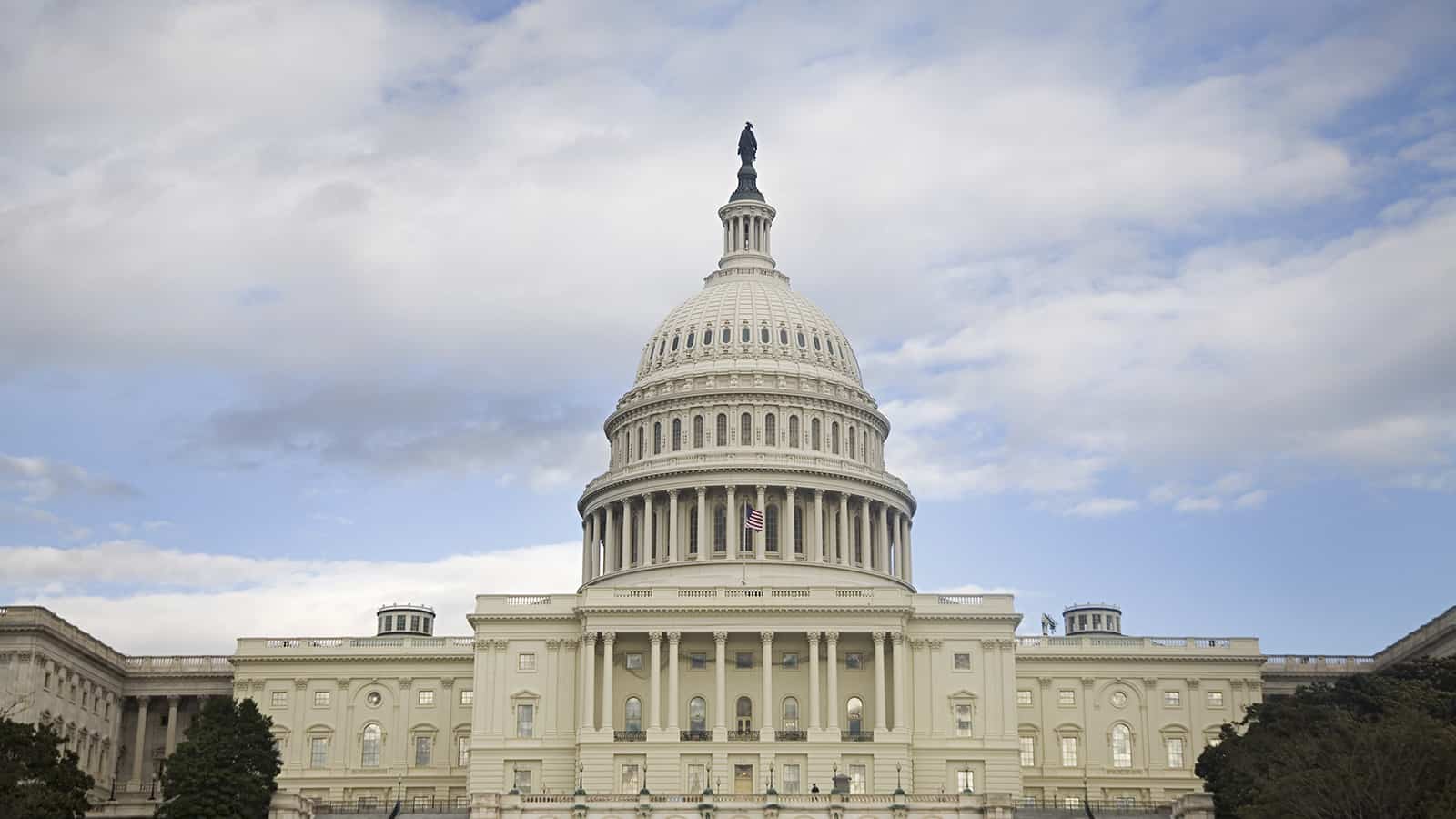NAM Pushes Back on PRO Act

The NAM is speaking out against H.R. 842/S. 420, the Protecting the Right to Organize Act.
Impacting workers: The bill would remove the right to a secret ballot in union elections, allow unions to access personal employee information in union-organizing drives, prevent workers from working as independent contractors and force workers to pay union dues even if they do not support the union.
Impacting businesses: The bill would also increase liability and penalties, threaten supply chains and create an adverse relationship between employers and employees—while also making it harder for businesses to access legal counsel.
Our take: “The PRO Act is a misguided attempt to fundamentally restructure American workplaces and would infringe on workers’ rights to a secret ballot, workplace democracy and personal privacy,” said NAM Vice President of Infrastructure, Innovation and Human Resources Policy Robyn Boerstling in a letter to Congress.
- “This bill is being considered during an unprecedented global pandemic, in which manufacturing workers are supplying Americans with the medicine, protective equipment and goods necessary to defeat COVID-19… It is critical that Congress consider policies that support manufacturers in the fight against COVID-19, but the PRO Act would do the opposite.”
In other congressional news, the NAM threw its support behind H.R. 5, the Equality Act of 2021, which would amend the Civil Rights Act to prohibit discrimination on the basis of sexual orientation and gender identity in employment, housing, public accommodations, public education, federal funding, credit and the jury system.
- “Manufacturers have known for years that an inclusive workplace with meaningful anti-discrimination protections helps them hire and retain the best possible workforce,” said NAM Senior Vice President, General Counsel and Corporate Secretary Linda Kelly in a letter to the House of Representatives. “Individuals can only thrive when they can bring their whole selves to work. Manufacturers can only attract talented employees when those employees feel safe from discrimination, harassment or worse at work and in their communities.”
